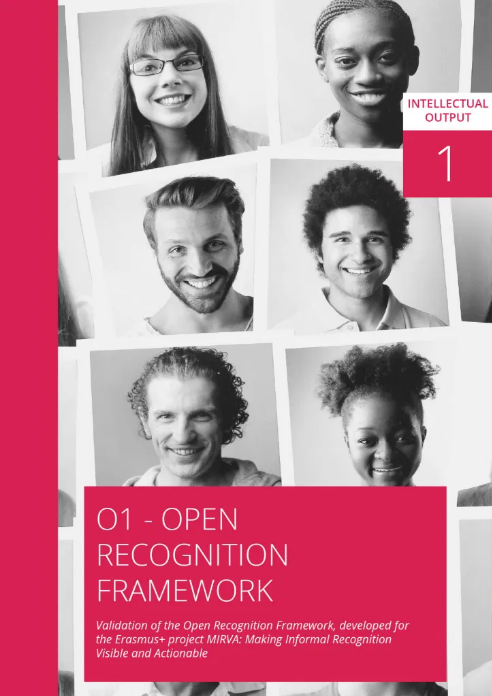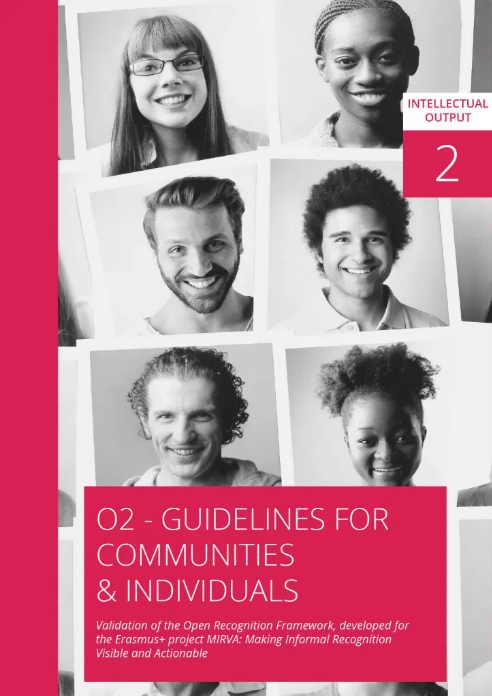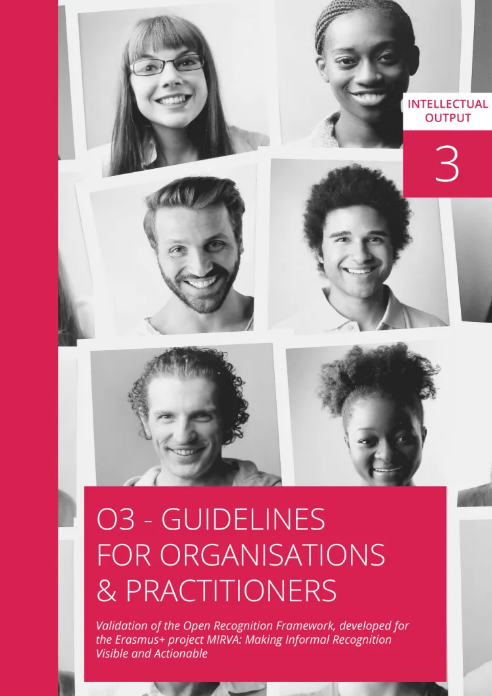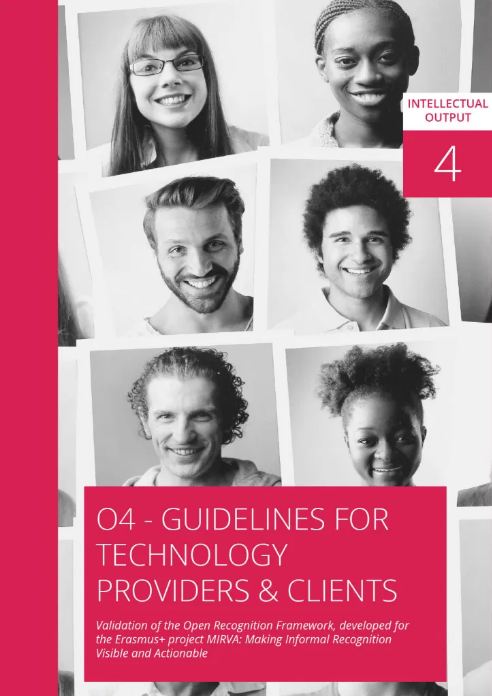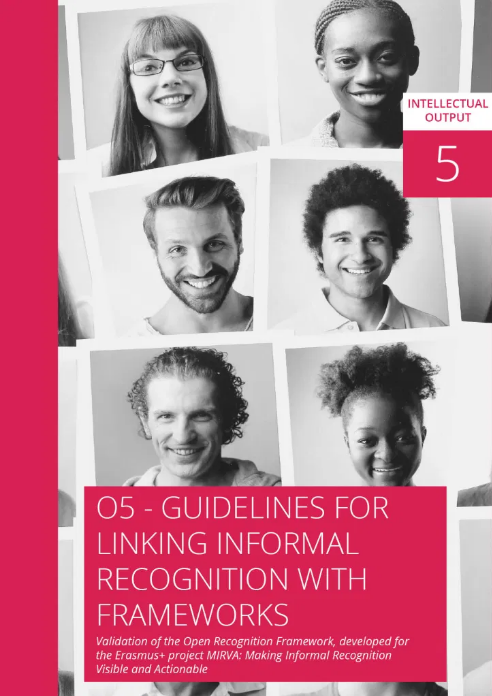Newsletter - December 2020
International news about Open Recognition and uses of Open Badges!
- Inclusive interview
- ORA News
- Events & Workshops
- Open Badges Platforms news
- Reading corner
Interview of Rachid BELARBI ("Badging Loir-et-Cher" - a french territorial collective)
We are pleased to welcome Rachid BELARBI, Project Management Coordinator at the City of Blois (Loir-et-Cher / France). The collective “Badging Loir-et-Cher” has implemented an open recognition system based on Open Badges, in which young people and employers are involved.
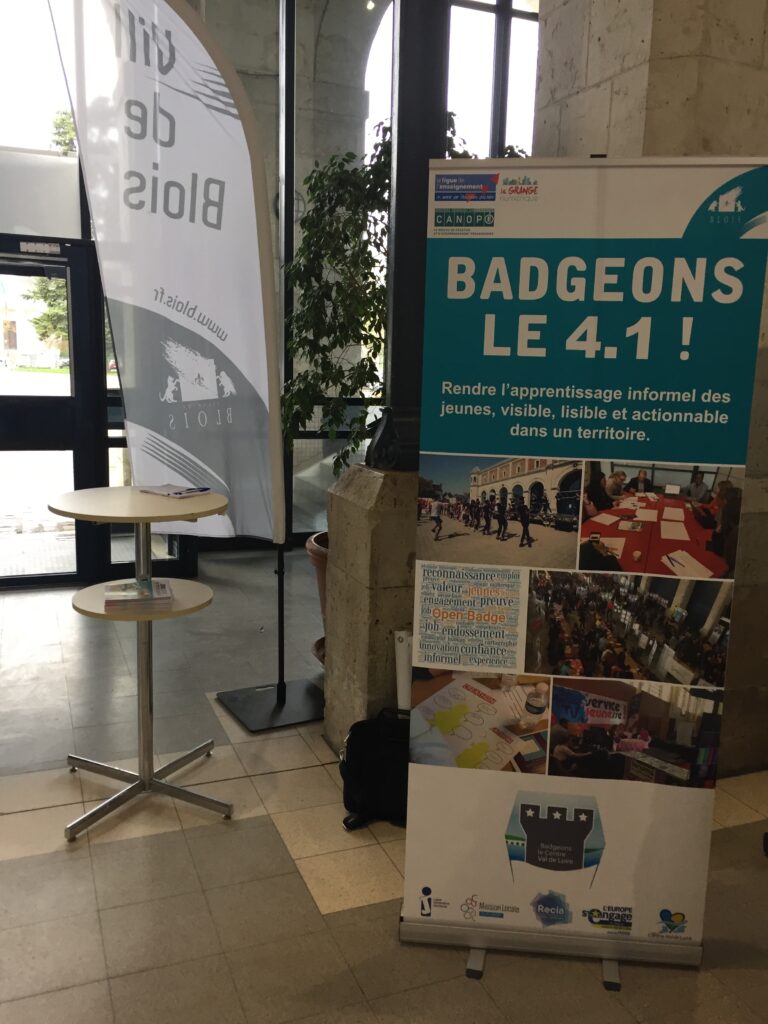
Thank you, Rachid, for agreeing to take part in the interview on behalf of your Badgeons le 4.1 collective. In a few lines, can you introduce yourself? Introduce the collective, its history, its partners and the objectives you are pursuing?
The collective “Badging Loir-et-Cher” (created at the end of 2018) brings together 5 organisations: the Mission Locale du Blaisois, the Youth Information Office of Loir-et-Cher, the Youth Service of the city of Blois, the Canopé Workshop, the Espace Mirabeau of the city of Blois.
As soon as I arrived at the Youth Department (end 2018), I set up a diagnosis in connection with my new functions to find out the expectations and needs of the teams in the field. I was able to highlight several hypotheses for action, including the need to develop the enhancement and recognition of young people’s skills. Open Badge is therefore the innovative digital tool to meet this objective.
The objectives of our collective are :
- To experiment with Open Badges as an innovative teaching method for people (mainly young people aged 15-30) involved in different career paths (social integration, employment, international mobility, etc.) and wishing to capitalise on their skills by making them visible.
- Recognition of the Commitment and Learning resulting from informal and non-certifying experiences in different areas (Youth Information Network, Youth Spaces, Local Mission, international mobility, etc.).
- Create an ecosystem, a network with partners from the world of employment, education, social affairs and entertainment….. to disseminate and generalise the use of the badge in our territory (learning territory).
We have carried out an experiment with Open Badges, (first stage of the project December 2019 to March 2020) for the Summer Job Forum (an annual event that connects young people looking for a job with local employers). This experimentation had a double objective:
- to make young people and employers aware of the practice of badges ;
- to co-construct badges for the forum.
Today, we are in the second stage, which is to generalise the use of badges to other groups (acculturation phase) and to develop our ecosystem of badges in our region.
You have co-created Open Badges with employers while taking into consideration the skills of young people. How was the co-creation process organised and what role / place did young people have in the reflection?
The co-creation process was organised simultaneously in two phases:
- At the level of employers: awareness-raising and co-creation of customised badges with 5 major employers of the Forum in order to define their expectations in terms of the skills they are looking for. In total there were 3 meetings with a regular and active presence of the economic actors, highlighting the strong interest in the badges.
- At the level of young people: discovery and creation of “special Forum” badges for young seasonal jobseekers by correlating their skills with the expectations of employers. 5 badges have been created : 4 encapsulate know-how (e.g. : badges I like Cooking – or – I know how to welcome, listen and respond to a request) ; 1 badge on commitment (e.g. : badge I’m engaged in the City of Blois).
Is it easy for young people to acculturate to Open Badges (and their potential)? What was your approach? Are there any blockages/brakes?
Young people have shown great interest in Open Badges even though they remain sensitive to immediate or short-term use: they want them to be useful quickly. The acculturation of young people is continuing: we are going to organise regular badge meetings (in the form of workshops) in our 6 youth areas set up in all the neighbourhoods to raise awareness among as many young people as possible. The Open Badge is now an educational tool in the youth activities programme.
The employment pathways in which young people are engaged are real paths of exploration, all different from each other. Could we envisage badges as a way of making these singular paths visible, of leaving “traces” in a way, like a cairn, allowing others to commit themselves more serenely? To sum up, how could we imagine, with badges, the path of recognition of a young person engaged in a process of access to employment?
One of our objectives is that young people who have become aware of and accustomed to the badges can become “ambassadors” of the badges to other young people, and show and demonstrate the usefulness of this tool. This will be achieved through testimonials, feedback and promotional activities.
Do you have any recommendations for people who would like to engage in an open recognition process with young audiences?
If I had a recommendation to make: go for it! Make this digital tool available to young people because the badge is a powerful catalyst for recognising and promoting skills, talents and interpersonal qualities… Today, young people dare to assert themselves more, to make claims, to take action to change the world in which they live and the badge is a means that enables them to gain confidence in order to undertake and move the lines.
Open Recognition Alliance News
What's new ?
- Launch of the Open Fields Foundation that is currently working on 2 projects in partnership with Open Recognition Belgium and the Open Recognition Alliance:
Flemish launch event of Europass in which Open Badges where on the agenda in 3 out of 5 break-out rooms:
https://europass-vlaanderen.be/lanceringsevenement-24-11-2020/
- Janina Van Hees (SURF) & Evelien Hast (Arteveldehogeschool) on Edubadges in a session on Digital Signed Credentials
- Emma Stoks (Open Fields Foundation) and Bert Jehoul (Open Recognition Belgium) on Making Informal Recognition Visible and Actionable
- Monique Leegte (Europass Nederland) and Kevin Verborgt & Yunus Denizli (JINT) on Recognition of Volunteer work and Youthpass
- UXAntwerp did a great gesture towards the end of year donation campaign for http://hackyourfuture.be/ (Open Recognition Belgium). Nice video to watch here: https://www.youtube.com/watch?v=9rtYu2w4aqU&feature
The twinning between Reconnaître-ORA and ReFFAO (association bringing together Fablabs from all over West Africa) was officially launched during ePIC 2020 online conference. One of the objectives is to sponsor and support ReFFAO actors in the implementation of open recognition systems and the use of Open Badges.
What is the Open Recognition Alliance?
The Open Recognition Alliance brings together individual and collective actors – all around the world – who want to build an open and learning society, based on the recognition of the talents, skills and aspirations of individuals, communities and territories. Learn more about
Support the Open Recognition Alliance
Member contributions enable the Open Recognition Alliance to create and make free resources available to the community. Contribute in your turn and support ORA
ORA badges
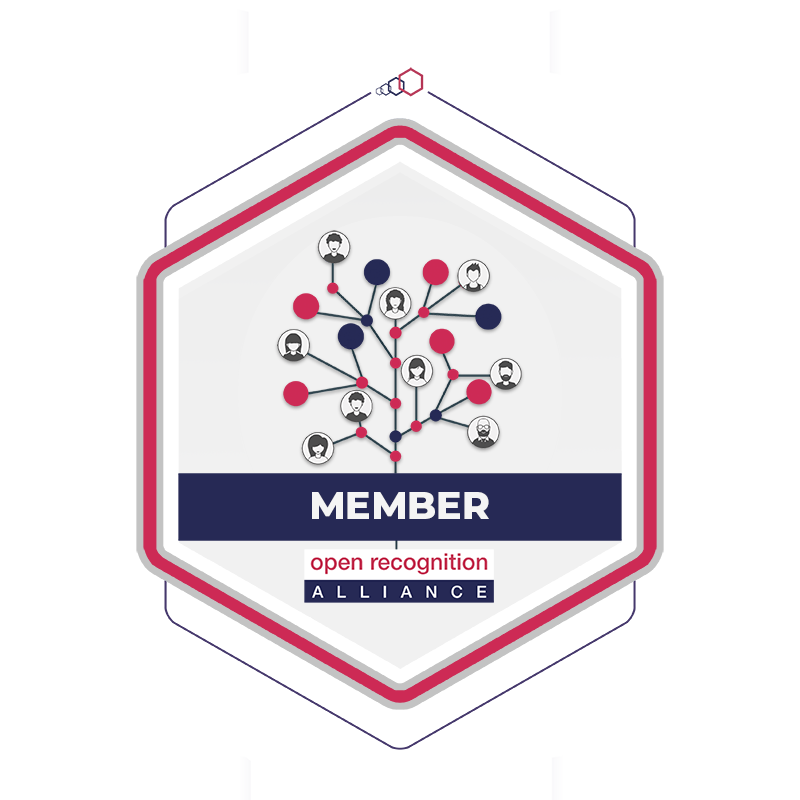
Member
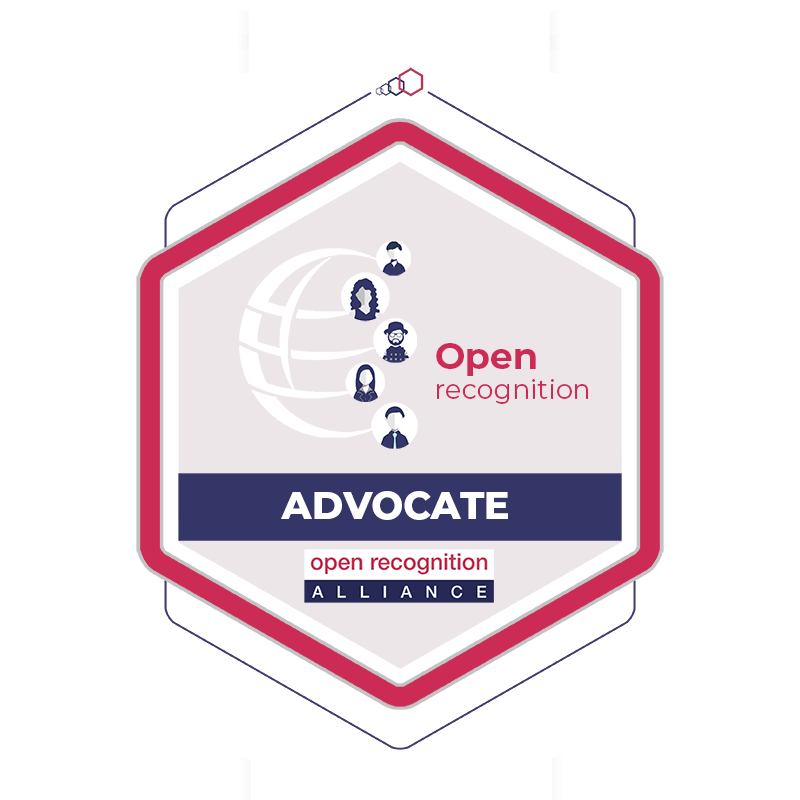
Advocate
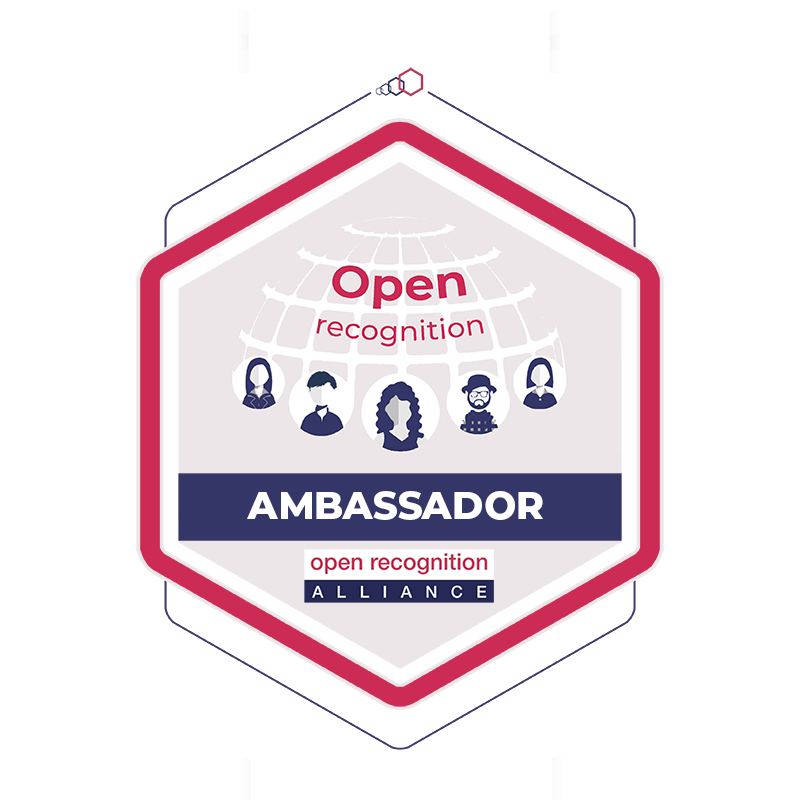
Ambassador
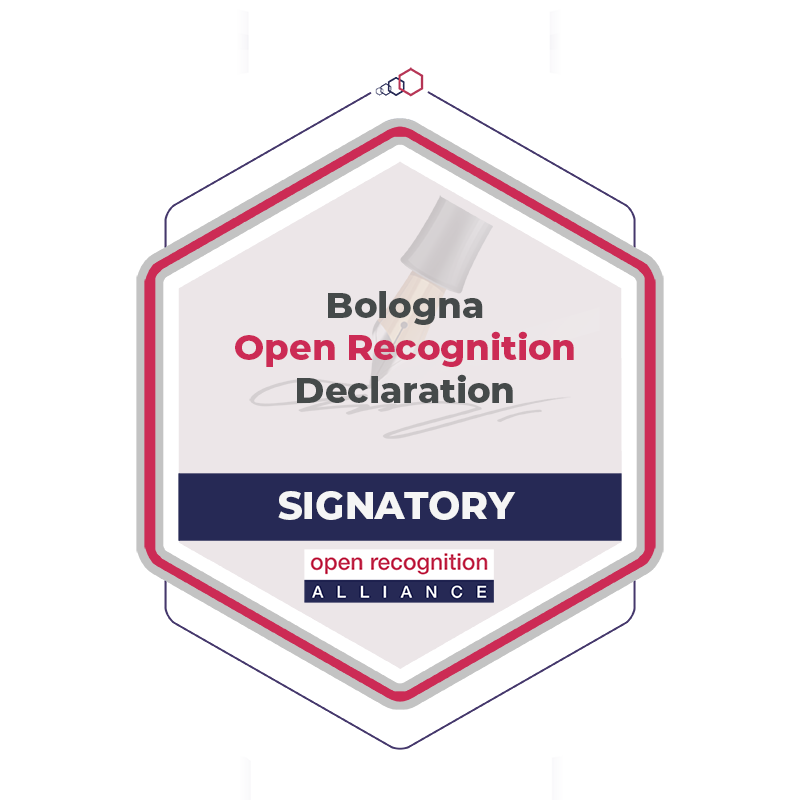
Board signatory
End of the MIRVA Eramus+ project (Making Informal Recognition Visible and Actionnable)
The MIRVA project, funded by the European Commission under the Erasmus+ scheme, ended at the end of August 2020. The impact of this project has been considerable, in particular on French soil with the creation of the association Reconnaître, the birth of numerous “Badging our region” collectives, but also the emergence of a strong dynamic around the issue of recognition open to the whole territory. Find all the works and productions (Guides and guidelines for individuals, organisations, communities and technology providers) on the MIRVA website or by clicking directly on the images below.
Year-end bonuses for newsletter subscribers
Bonus MIRVA : Open Recognition Song
By the same author: Acapulco bay (by Elegant Tramp)
Events
ePIC 2020: feedback on the conference in a new format!
The new online format of the ePIC conference was a great success!
ePIC 2020 extended over 72 hours continuously across three time zones (Europe/Africa, the Americas, Asia/Pacific) to welcome more than 250 participants from all continents and backgrounds eager to explore all the dimensions of an emerging culture of recognition that gave birth to Open Badges – Open Badges as artefacts of an emerging culture of recognition?
Find the entire conference on the Open Recognition’s Youtube channel. Discover also the detailed programme of the videos of the first day.
CanvasCon Online 2020
Instructure hosted the CanvasCon Online virtual event to replace their historically in-person conference. Spanning three regional locations, this event attracted over 30,000 educators, edtech enthusiasts, and Canvas learning management system users of all levels to celebrate their successes, learn from one another, and collect digital badges along a gamified pathway in exchange for real swag!
Trainings and workshops
Organisations wishing to communicate on their events, training, workshops and various participations, can – if they are members of the Open Recognition Alliance – send information by e-mail to the following address: contact@openbadges.info.
The following is based on information received from owners of badge creation and issuance platforms.

- OBP mobile application: The mobile version of Open Badge Passport is now available on Google Play and under development for the Apple Store.
- Improvement of the Gallery:
- This update simplifies and makes the Gallery user interface more efficient. When a badge is opened in the gallery the user will find a series of tabs that can be used to access the badge statistics, the list of beneficiaries, comments and the badge request if the badge has one. Our main objective has been to make the endorsement of beneficiaries’ badges easier and quicker. From the Gallery you can now endorse a badge without going to the user’s profile. Simply click the button to the right of the user’s profile to endorse, congratulate and view the evidence related to the badge.
- Another major improvement is the addition of a filter in the Gallery’s search tool that allows the user to easily find the badges they can request. To do this, simply activate the “Show badges I can request” checkbox. Open Badge Passport providers hope that this new user interface integrating badges and badge requests will encourage Gallery users not only to browse for issued badges but also to request them.
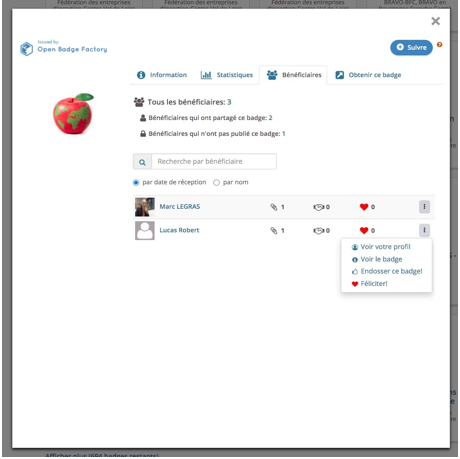
Selfie badges: Before the update, modifying the content of a badge created in the Passport caused the badge to be duplicated. Now when the content of a badge already issued is modified, the system automatically creates versions of the badge that the creator can manage. For example, the badge issuer can revoke later versions of his badge if he wishes to replace them with a new version. Open Badge Factory hopes that the improvements brought by this update will allow even richer interaction between members of the Open Badge Passport community. It is worth mentioning that these improvements have been made not only to improve the OBP user experience but also to synchronise the interface with that of the mobile application that will be released at the end of November.
Spaces: This functionality is now operational and will be made available to organisations and communities in early 2021. It is a paid service, the cost of which will be communicated shortly.

- WIKIBADGE: The provision of the free and open Wikibadges service (wikibadges.org) has been delayed due to COVID-19. It should be available early 2021. The idea behind Wikibadges is to serve as an open space where members of communities interested in open badges can co-create badges and find consensus around their design. OBF has built an interface between Wikibadges.org and the platform, so that it will be possible to deliver wikibadges via OBF and OBP in the future.
- Upcoming OBF developments:
- Improvement of reports and monitoring and analysis tools (enterprise version)
- Improved PDF badges and badge sharing tools
- Development of badge applications
- Evolution of the API allowing the development of new OBP functionalities.

- New Feature Spotlight: Skills Alignment with Badgr Pro
Unlock the potential of skills-based education and hiring. - Badgr for Canvas: Meet your learners chere they are.
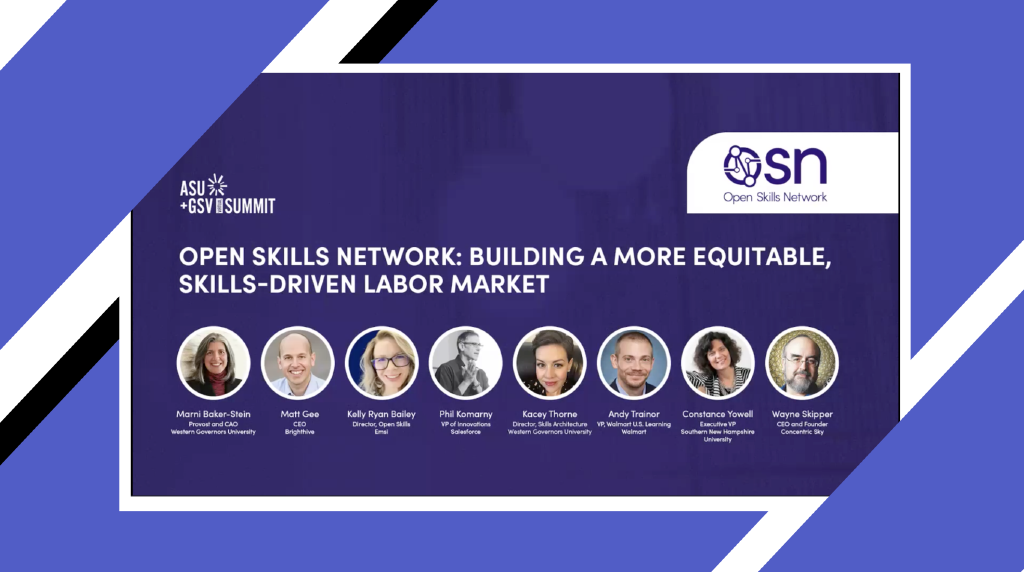
Open Skills Network: Building a More Equitable, Skills-driven Labor Market (By Badgr Team) Read the article
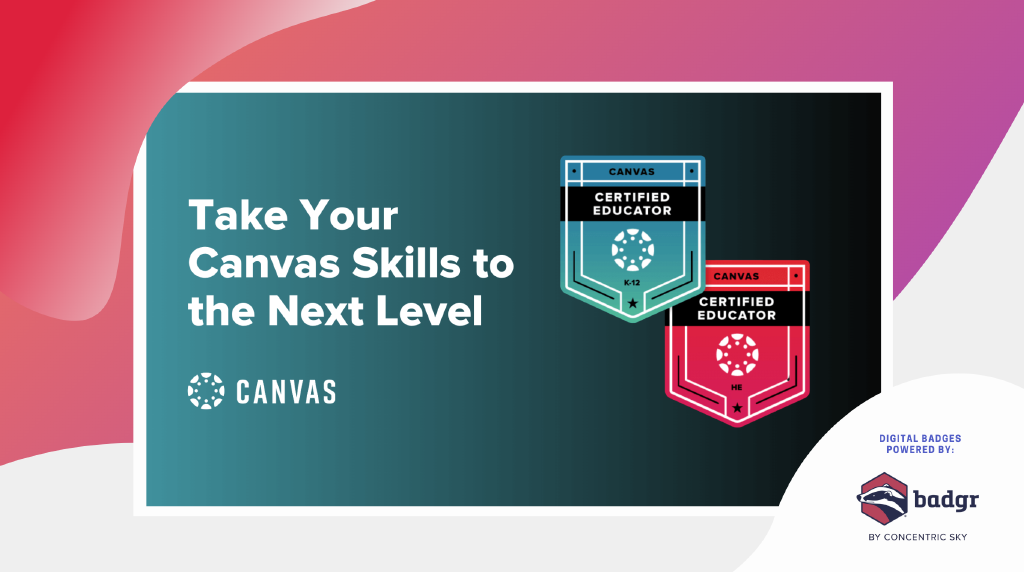
Canvas Launches Certified Educator Program to Help Educators Master Canvas (By Badgr Team) – See the completed works
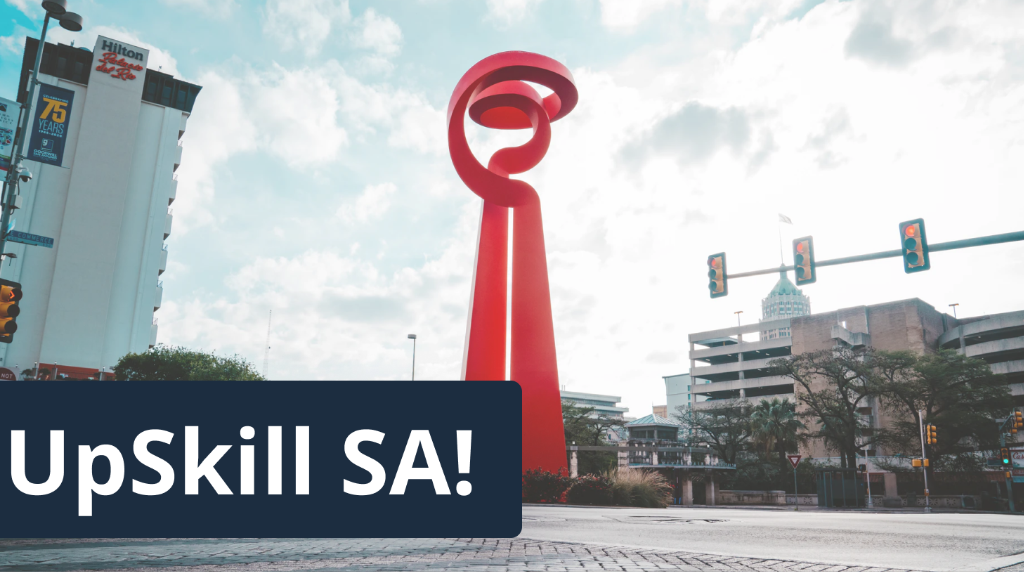
Upskill San Antonio is a Regional Approach to Workforce Development Focused on Upskilling Frontline Workers (By Badgr Team) Read the article

IBM awards its three millionth digital badge (and disrupts the labor market in five big ways) (By David Leaser from IBM) Read the article
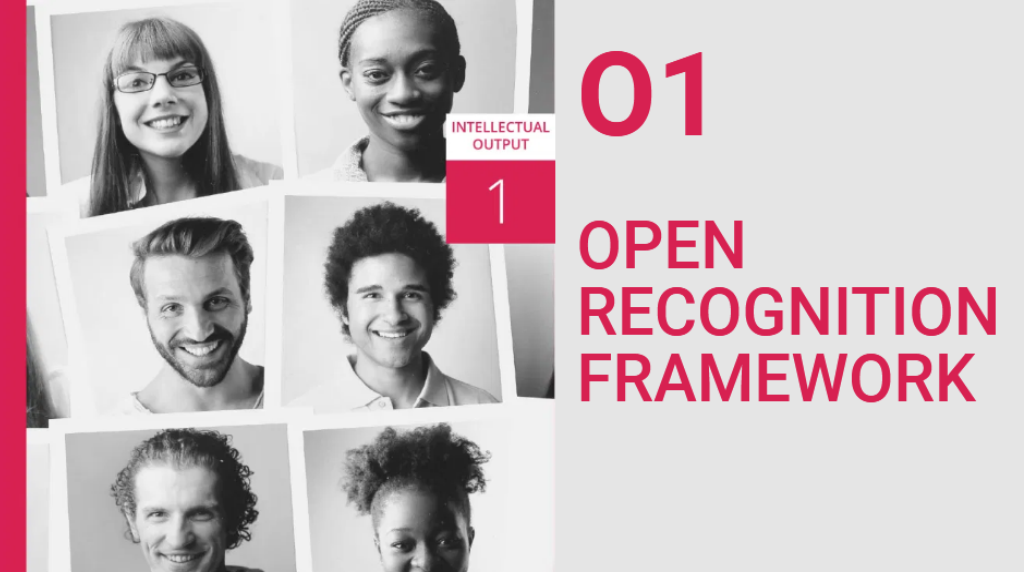
New Open Badges ressources: find out the intellectual ouputs of the MIRVA project (Overview of the guidelines) – See the completed works
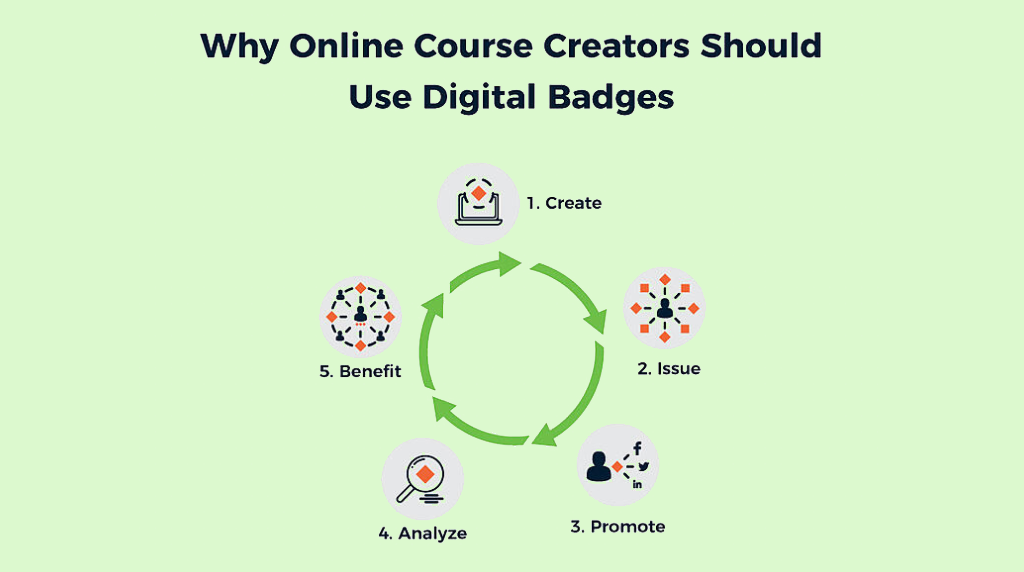
6 reasons why online course creators should use digital badges (By Mike Weiss – Client Engagement Academy) Read the article
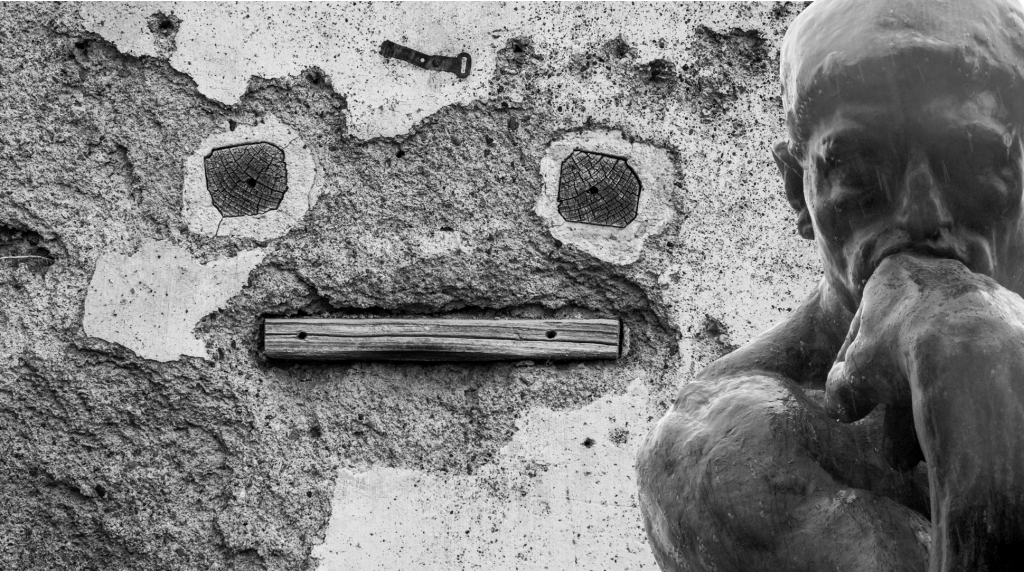
Thinking recognition with Open Badges (french article proposed by Serge Ravet – Open Recognition Alliance) Read the article

Why decolonising recognition? (Collective and collaborative work) – See the website of the book

Competency Badges: the tail wagging the dog? (article proposed by Serge Ravet – Open Recognition Alliance) Read the article
